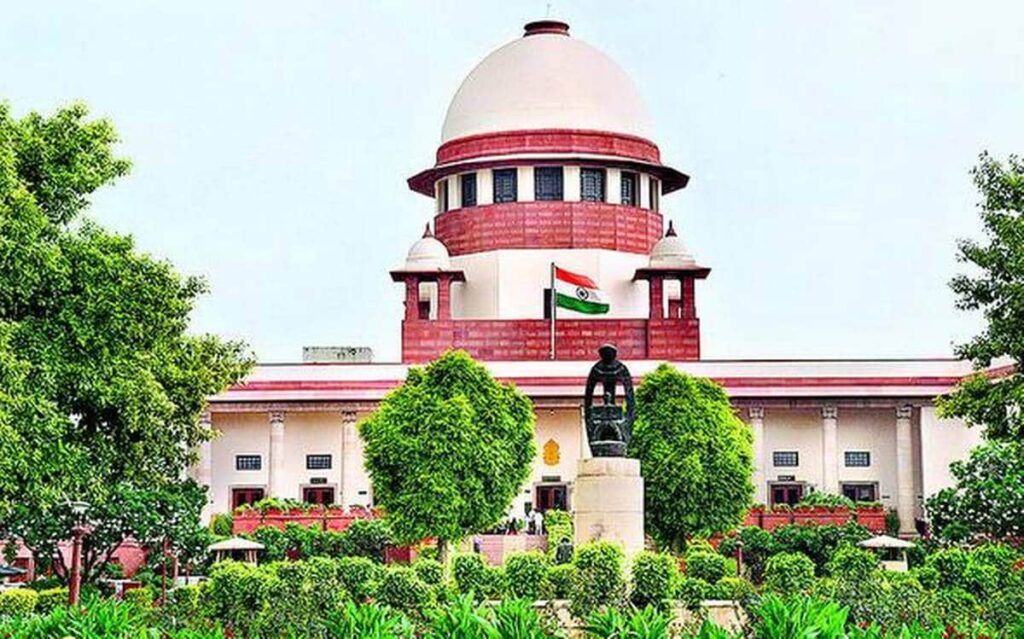NEW DELHI, Nov 14: The Supreme Court on Monday gave time till December 12 to the centre to clarify its stand on the validity of the Places of Worship Act, 1991, and listed the case for hearing in the first week of January.
A bench led by the Chief Justice of India DY Chandrachud issued the order after the centre represented by Solicitor General Tushar Mehta, sought more time to clarify its stand on the validity of the act saying “detailed consultations” were needed at a “particular level” before making its stand clear. The 1991 Act protects the identity and character of religious places as they were on August 15, 1947.
Senior advocate Rakesh Dwivedi, for petitioner Ashwini Kumar Upadhyay, said the government had sought similar adjournments in the case twice before. On October 10, the court had asked the government whether a Constitution Bench judgment in the Ram Janmabhoomi case had already settled the question of validity of the Places of Worship Act.
The Ayodhya judgement delivered by the apex court had found that the 1991 Act spoke “to our history and to the future of the nation… In preserving the character of places of public worship, the Parliament has mandated in no uncertain terms that history and its wrongs shall not be used as instruments to oppress the present and the future.”
Mr. Mehta, in that hearing, had ventured his personal opinion that the remarks in the Ayodhya judgment about the 1991 Act would not preclude the court from examining the validity of the statute now. “That (Ayodhya judgment) was given in a different context and may not cover the issue here,” Mr. Mehta gave his opinion. Mr. Dwivedi had agreed that the comments in the Ayodhya verdict was merely ‘obiter dicta” and did not have the force of law.
Advocates P.B. Suresh, Vipin Nair and Vishnu Shankar Jain, appearing for petitioner Vishwa Bhadra Pujari Purohit Mahasangh, had said the validity of the 1991 Act was not in question before the Constitution Bench in the Ayodhya case.
A slew of petitions has been filed in the apex court against the Act, contending it has illegally fixed a retrospective cut-off date (August 15, 1947), illegally barring Hindus, Jains, Buddhists and Sikhs from approaching courts to “re-claim” their places of worship which were “invaded” and “encroached” upon by “fundamentalist barbaric invaders.” The main objective of these petitions is to set right a “historical wrong.”
(Manas Dasgupta)

